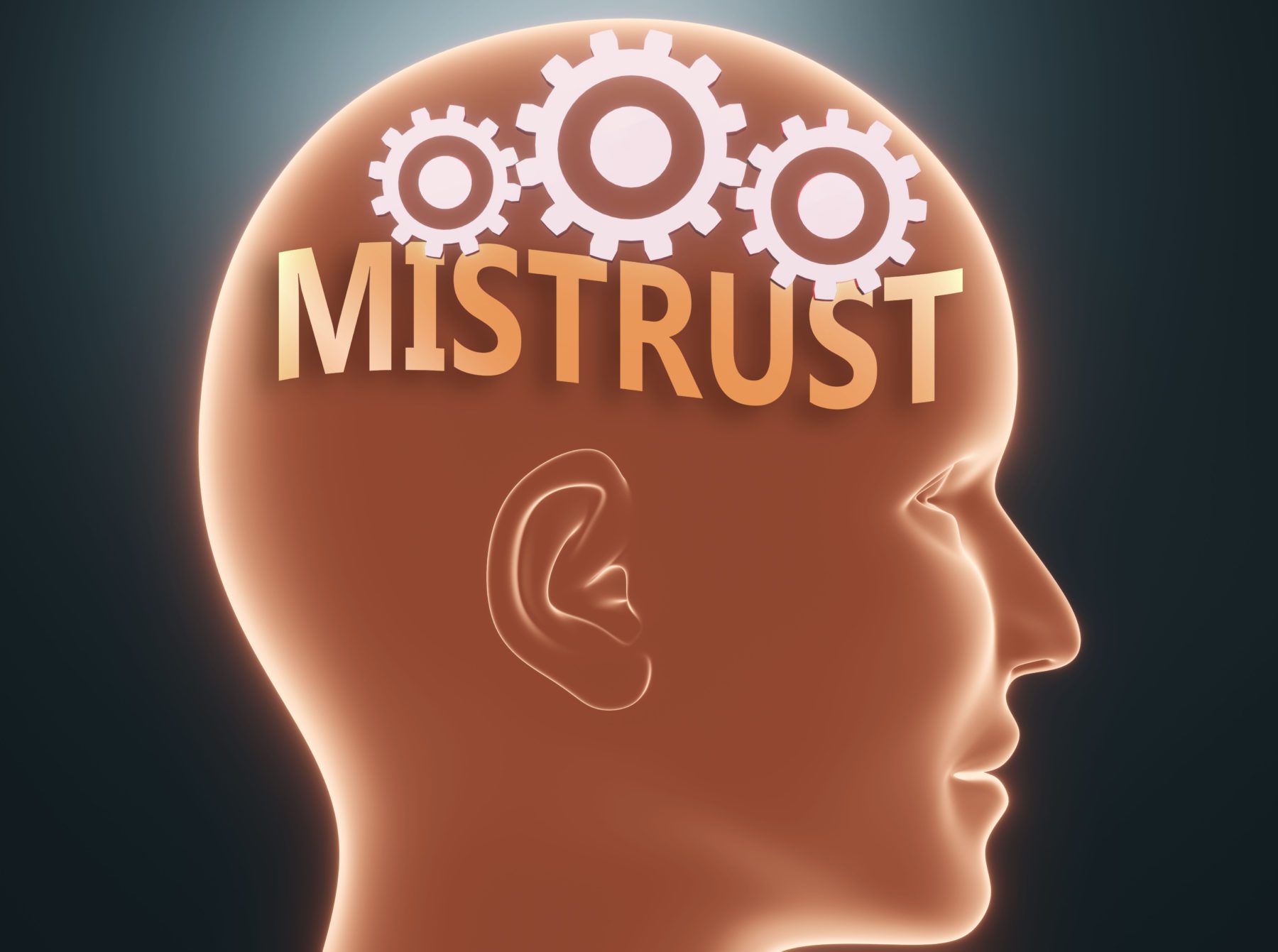Possible Preaching Themes
Possible Scientific Resources
- The quest for eternal life: What is the promise of eternal life, and how do we achieve that promised hope?
- Believing yet not knowing: The belief in Resurrection is not based on knowledge, but on a faith that has been handed down to us from one generation to the next.
- The scientific quest for eternal life
- This short article explores the practice of cryonics, i.e., freezing people immediately after death with the plan to defrost them when a cure for their ailment is found.
- One futurist believes that immortality will be reached by 2030.
- This scientific study predicts the human lifespan limit between 120 and 150 years.
- Albert Einstein’s mind experiments for knowing the unprovable
- This 7 minute video by theoretical physicist Sabina Hossenfelder explores Einstein’s unparalleled used of mind experiments to push the limits of knowledge beyond what experiments could then prove
- An accessible explanation of a contemporary thought experiment that attempts to reconcile Einstein’s universe with the uncertainties inherent to quantum particles.
- A well illustrated article explaining Einstein’s most famous mind experiment.
Homily Outline Combining Resources
Homily outline: Easter with Einstein
- The contribution of a religious non-believer
- It might seem odd to invoke Albert Einstein as a homiletic inspiration as he was a professed religious non-believer.
- Nonetheless, he provides an provocative path for believing in the face of mysteries as he pursued mysteries his entire life.
- His most celebrated path for attempting to resolve mysteries in physics and the cosmos was through thought or mind experiments.
- Such an experiment is an imaginative exercise that attempts to validate some hypothesis without the necessity of real world experiments
- It takes what was already known, reimagines it and voila! new principles or truths are revealed.
- The Mystery of the Resurrection
- Today the Church celebrates in a solemn way the central mystery that permeates all of Christian believing and worship: the death and resurrection of the Lord.
- Jesus’ death is an historical fact reported by ancient non-Christian writers.
- Resurrection, on the other hand, is not such an historical fact.
- Despite all of the Renaissance paintings to the contrary, no one witnessed Jesus’ Resurrection.
- It also cannot be empirically proven, but is embraced in an act of faith passed down to us by Jesus’ first followers and renewed in each generation.
- From Mind to Heart Experiment
- While it seems inappropriate to consider Jesus’ resurrection a “mind” or “thought” experiment, Einstein himself gives us another way.
- When reflecting upon his own vocation as a physicist he once stated:
- The state of mind which enables [one] to do work of this kind … is akin to that of the religious worshipper or the lover; the daily effort comes from no deliberate intention or program, but straight from the heart.[i]
- For worshippers believing in the mystery of the resurrection likewise must come straight from the heart.
- This heart experiment we call Easter was birthed in the early community
- bequeathed to us through the scriptures
- and rebirthed over the centuries through rituals and symbols.
- In the birthing of this heart experiment the community took what they already knew
- that their Rabbi was anointed with God’s spirit
- he went about doing good
- was a source of healing and enlightenment
- and was unjustly crucified
- as Peter well summarizes in today’s first reading.
- In the wake of that violent execution the resilient Spirit of the Only-Begotten
- which had confronted them for the 3 years he walked among them
- repossessed their hearts and prodded them to fresh believing
- that he was risen from the dead.
- Practicing resurrection
- In his poem “Manifesto” Wendell Berry raised his voice against all things disabling us from encountering the Risen One.
- Railing against all un-Easter tendencies, he writes:… every day do something
that won’t compute. Love the Lord.
Love the world. Work for nothing.
Take all that you have and be poor.
Love someone who does not deserve it.Give your approval to all you cannot
understand. Praise ignorance, for what we
have not encountered we have not destroyed.Ask the questions that have no answers.
Plant sequoias.
Say that your main crop is the forest
that you did not plant,
that you will not live to harvest.- in a final summation he advises: Practice resurrection!
- The followers of Jesus practiced resurrection and passed on their Easter spirituality to us, often at great cost.
- Today we are missioned to practice resurrection again
- Unfortunately there are too many who prefer practicing crucifixion,
- played out in the violence rampaging across the globe.
- Thus I fear that without our commitment to practicing resurrection
- Golgotha will only amplify
- the innocent will continue to be annihilated
- and the Easter mystery will fade into a nostalgic memory.
- In his poem “Easter Communion,” Gerard Manley Hopkins cajoles us to “Breathe Easter now.”
- Our prayer this solemn feast is that we might inhale the intoxication of the Easter gift
- and exhale it through our relentless resurrectional practicing
- for the glory of God and the salvation of the world,
- through Christ, the Risen one, forever and ever.
Related Homily Outlines
Couldn’t find what you’re looking for?
Try searching with another filter

Preaching with Sciences

Edward Foley, Capuchin
Duns Scotus Professor Emeritus of Spirituality
Professor of Liturgy and Music (retired)
Catholic Theological Union
Vice-Postulator, Cause of Blessed Solanus






